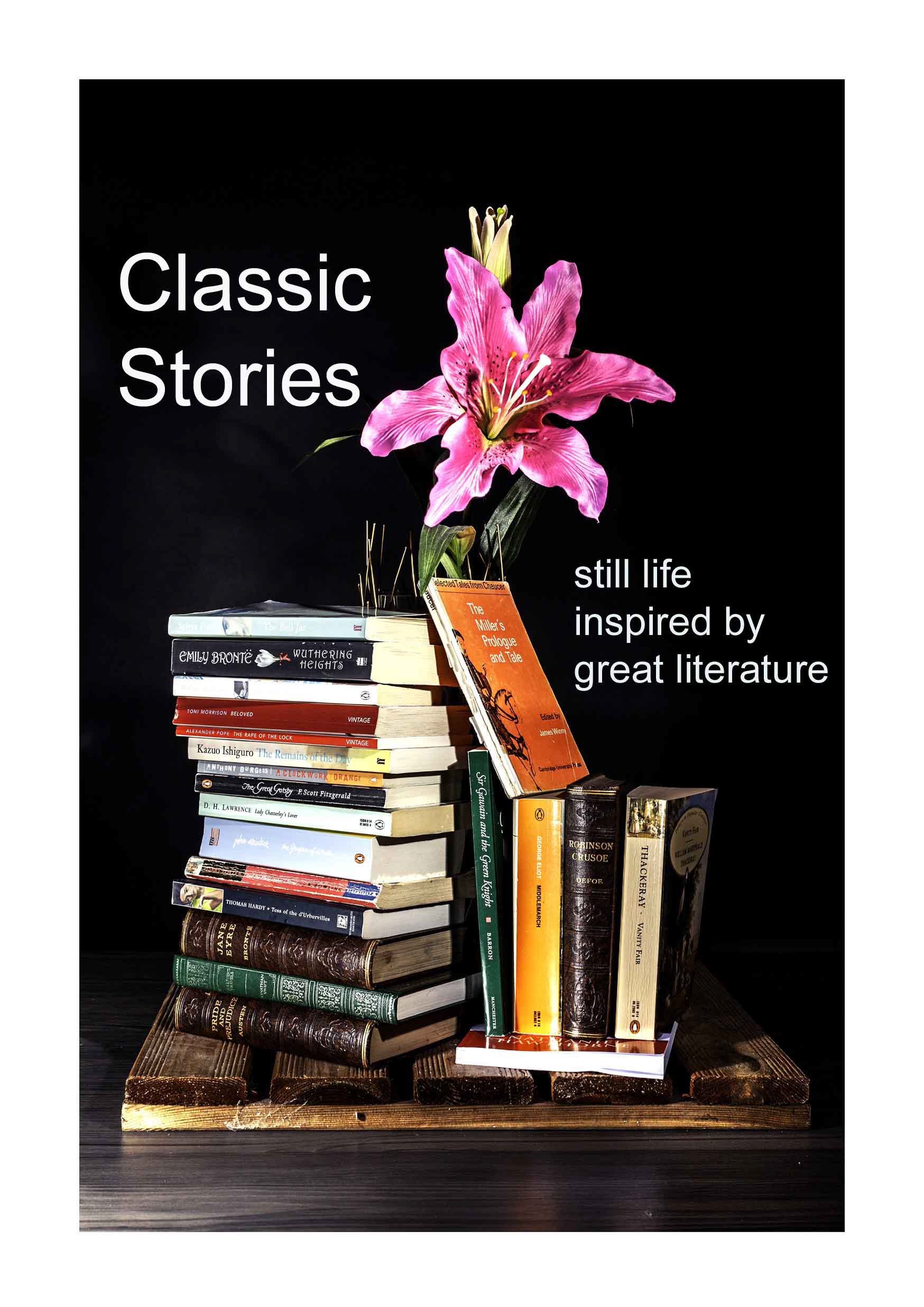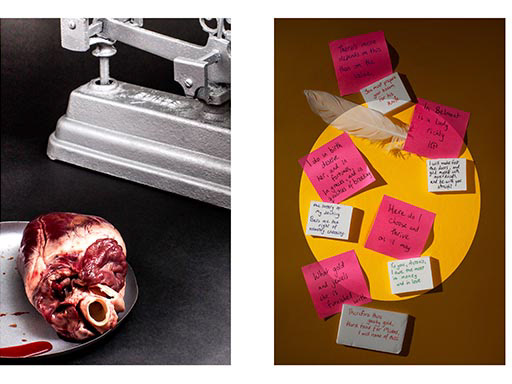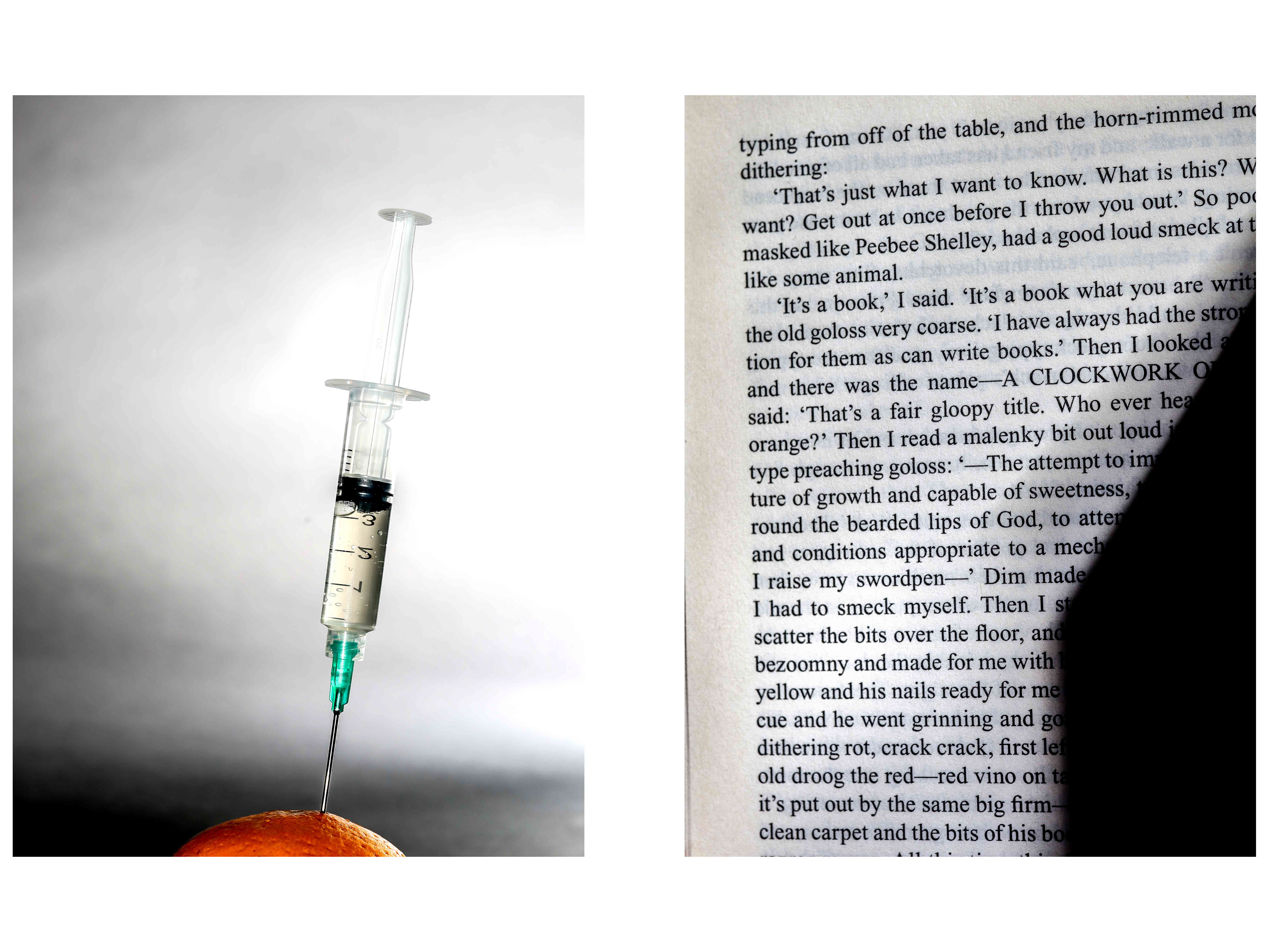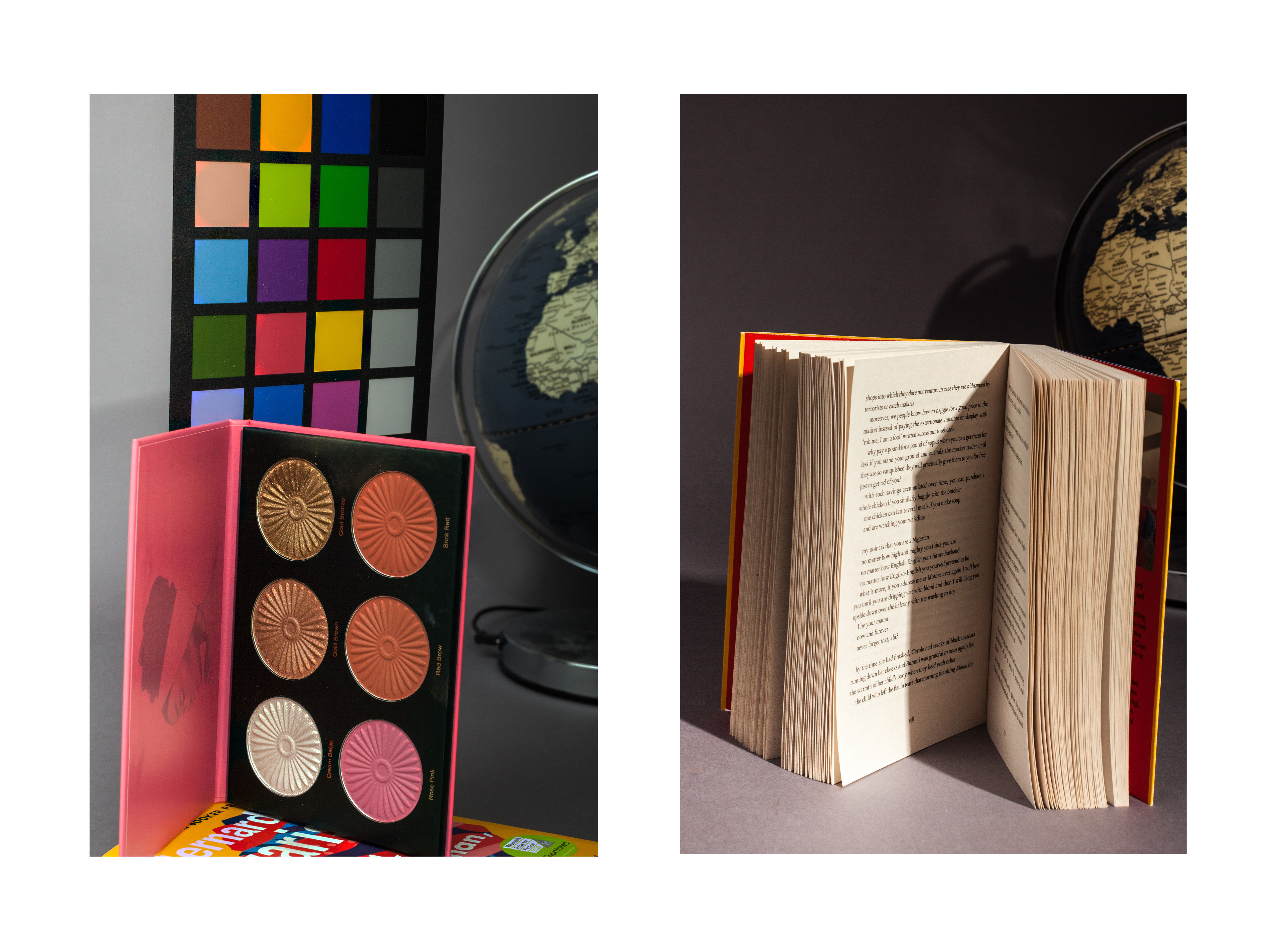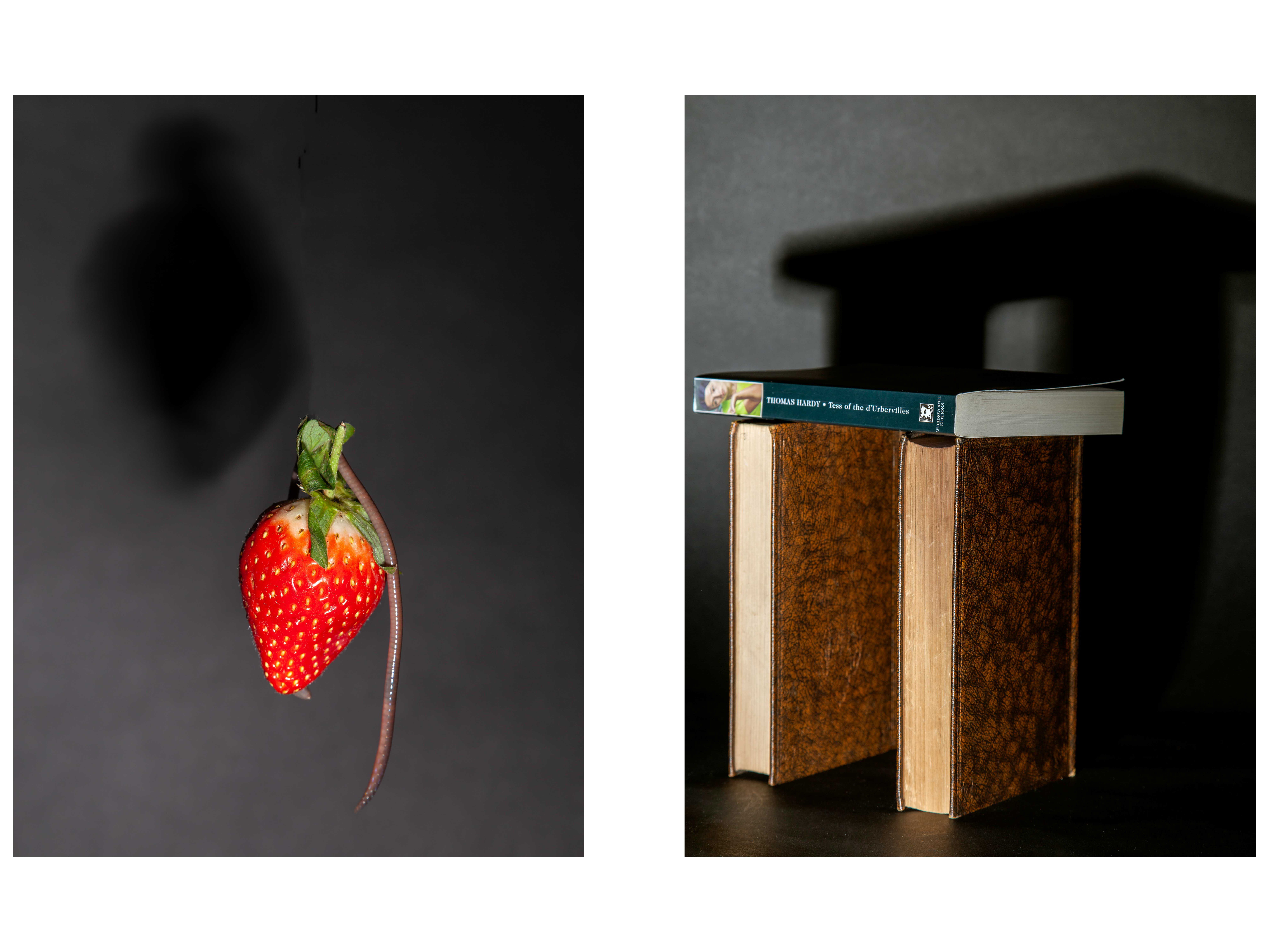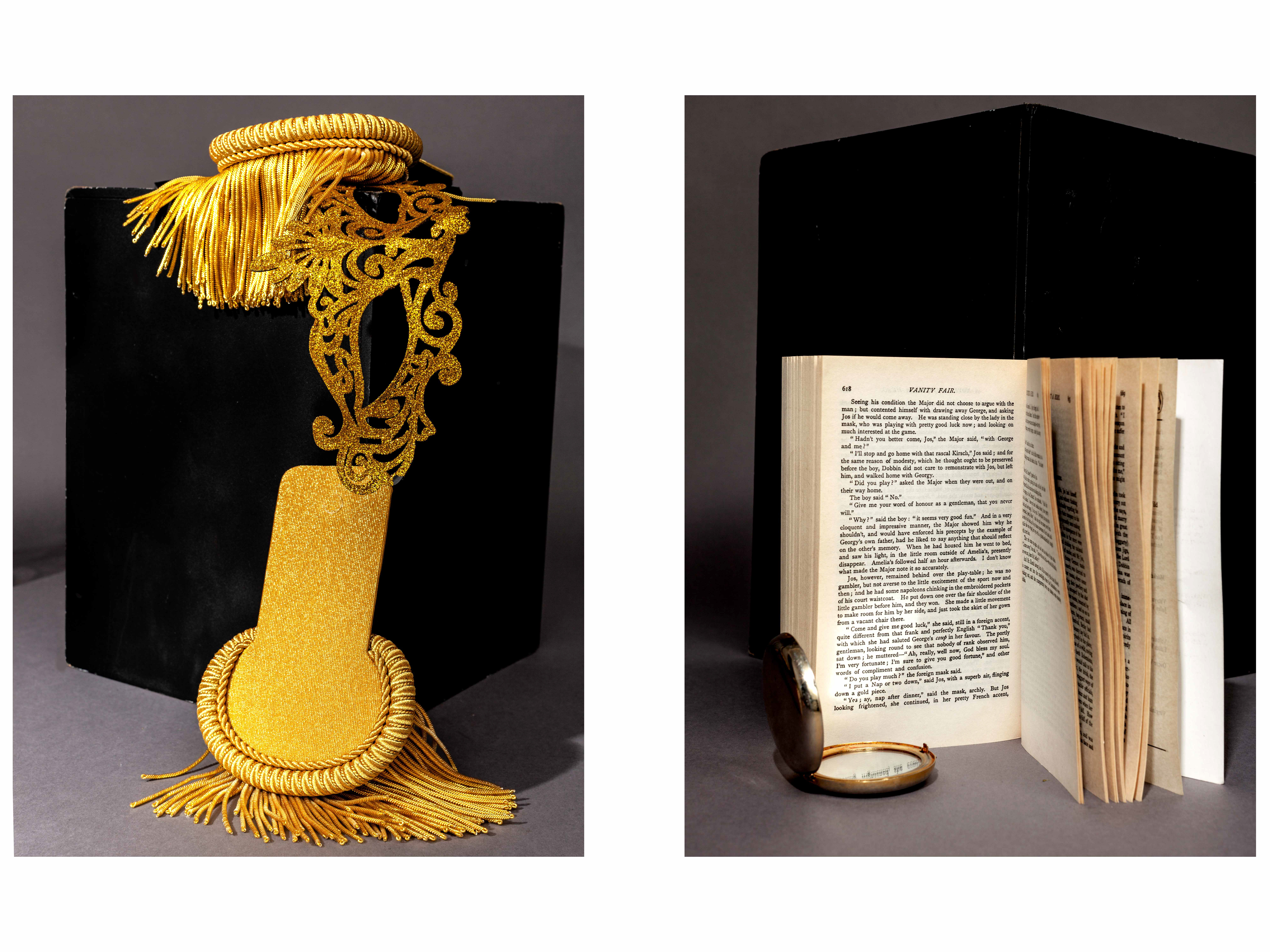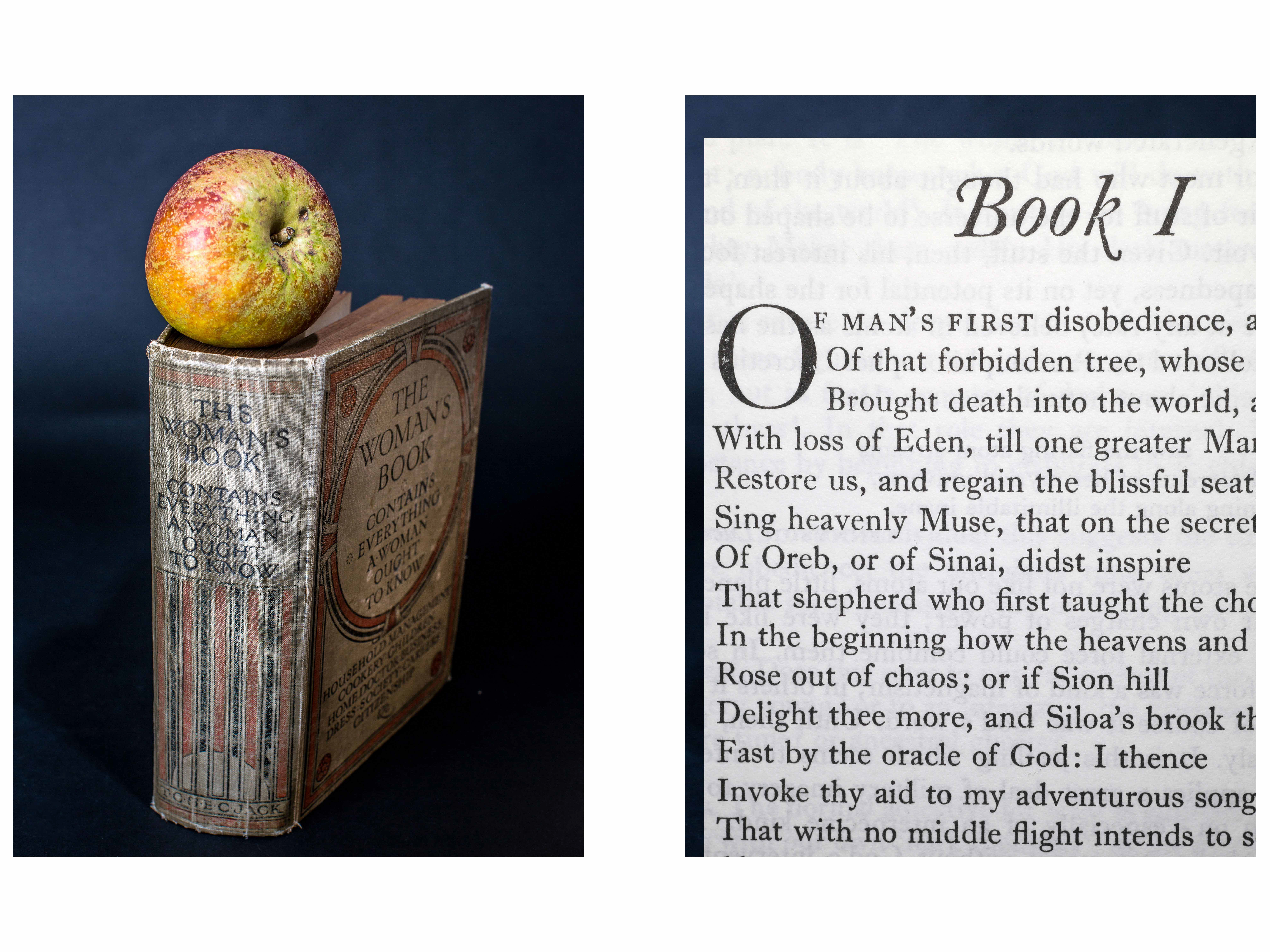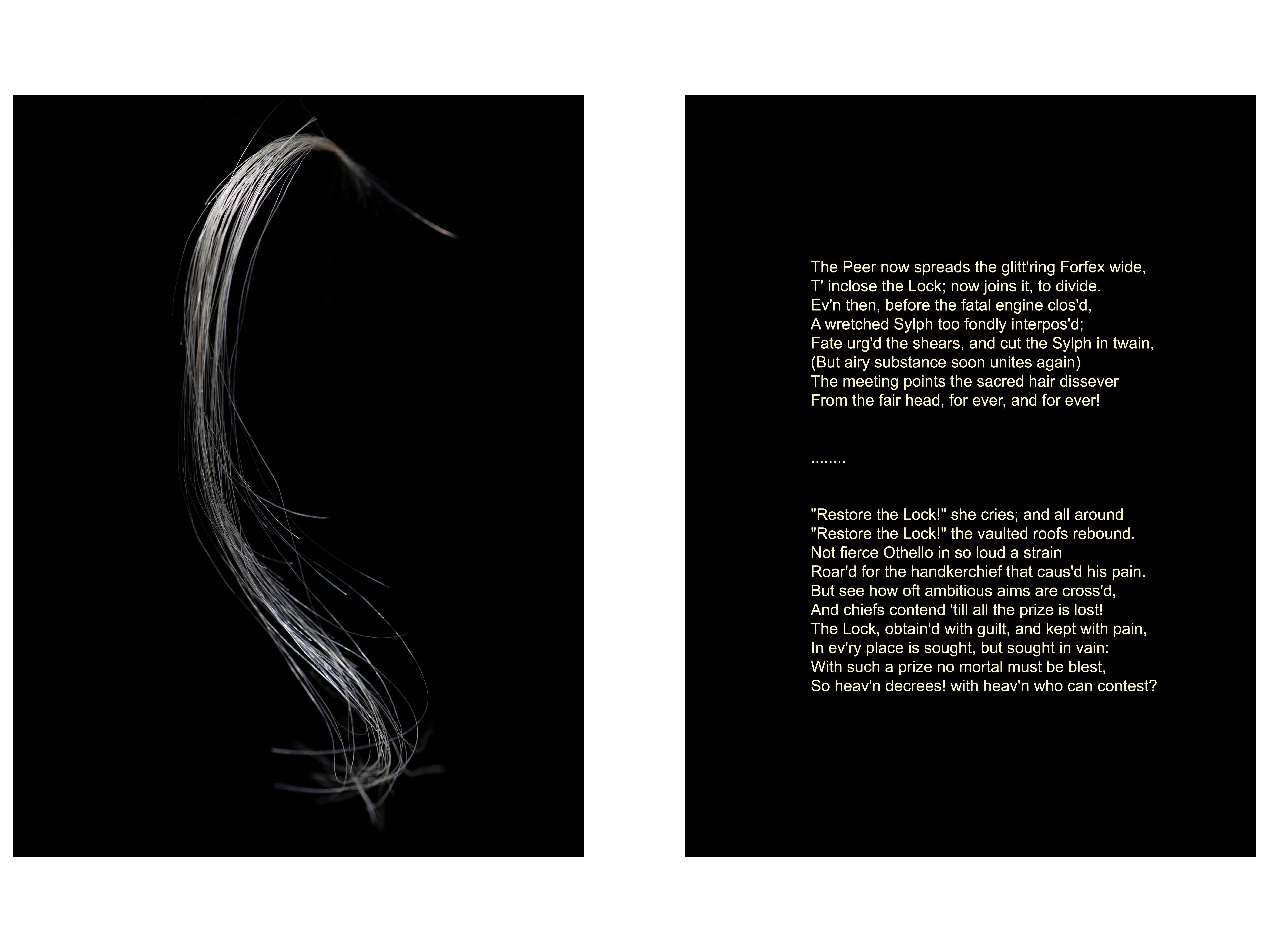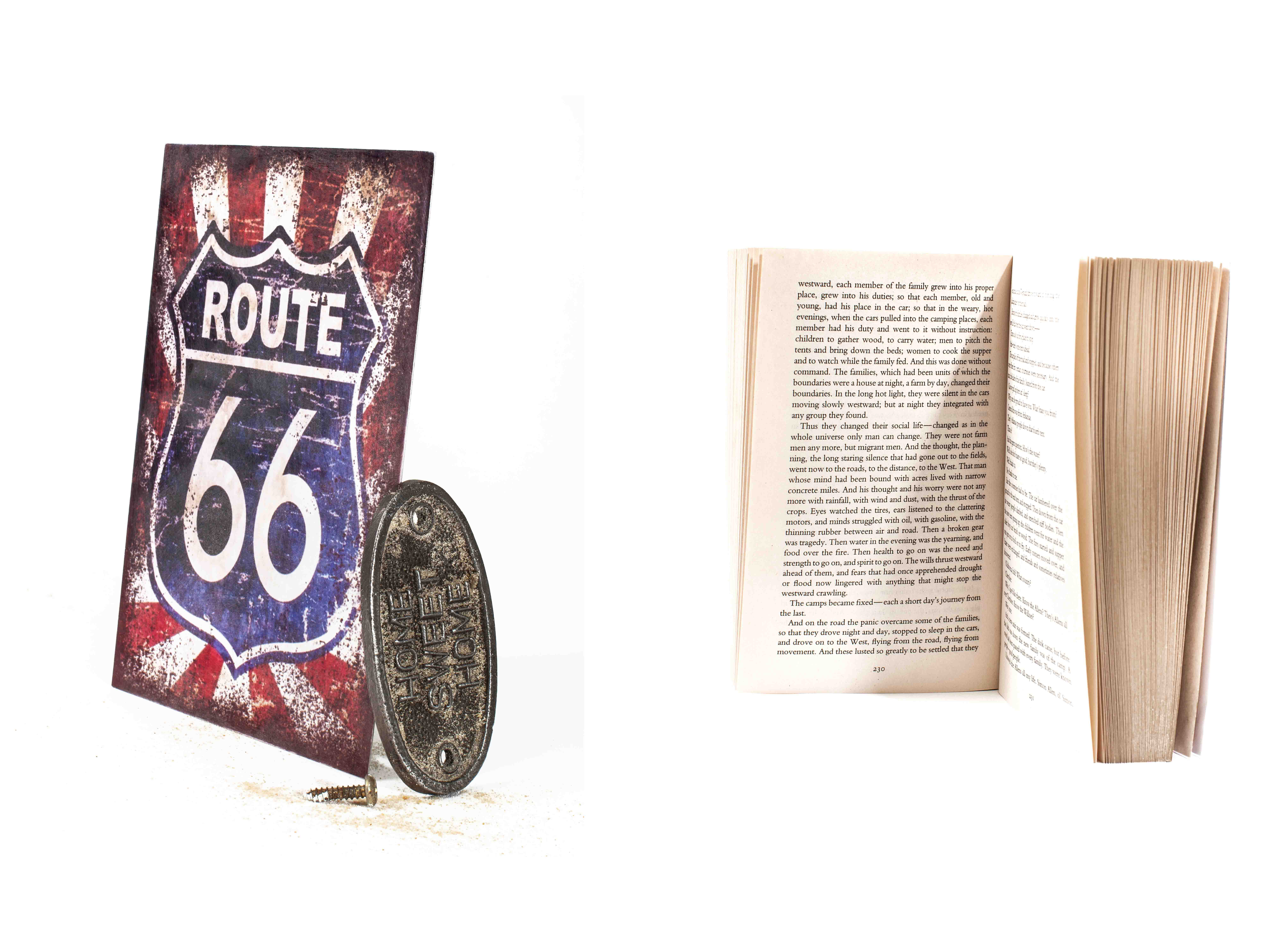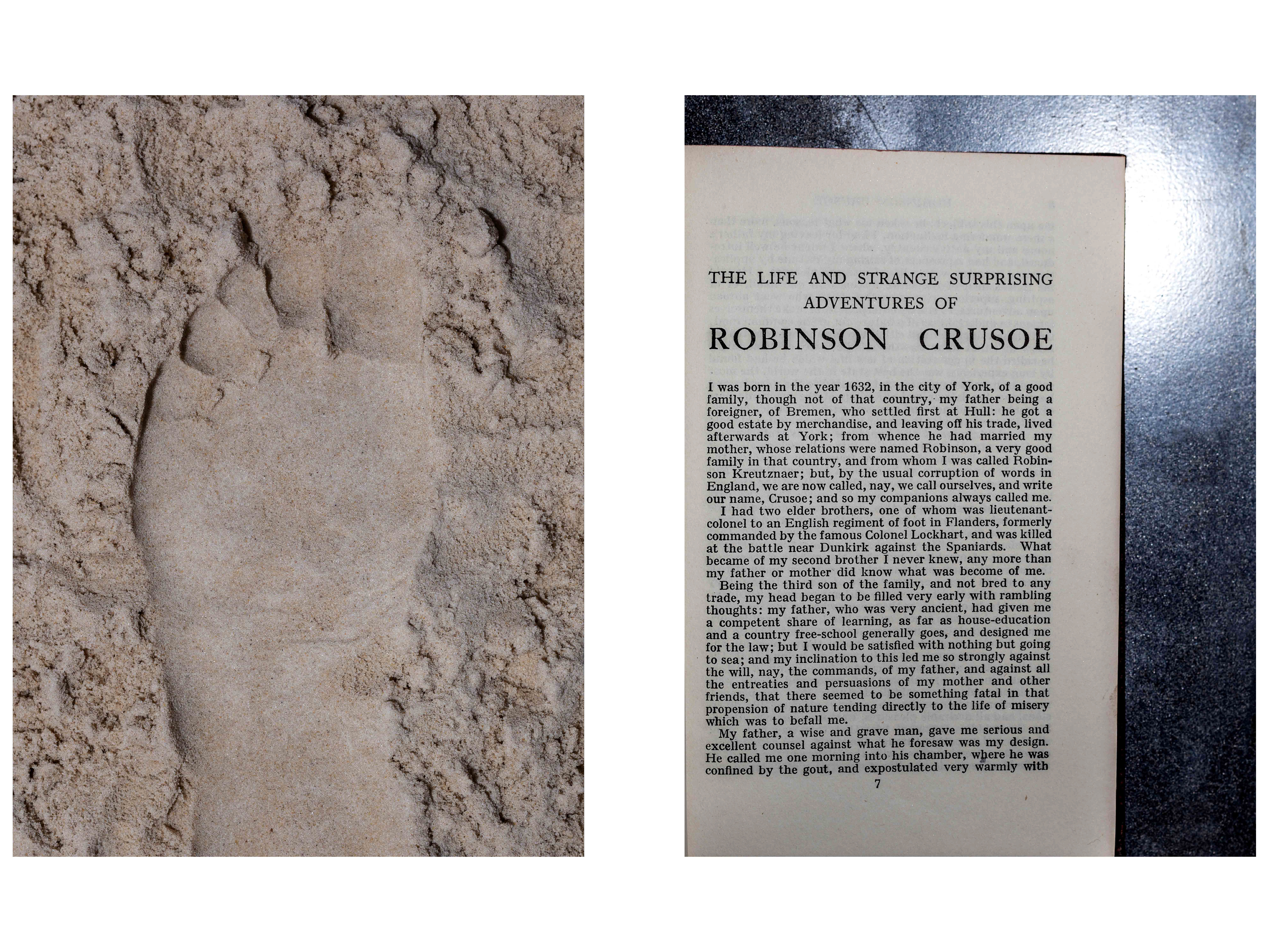Samuel Beckett’s 'Waiting for Godot' is a play in two acts. The two leading characters, Estragon and Vladimir, are, as the title states, waiting for Godot. In the first act, Godot does not arrive. In the second Act, they continue their wait, and still Godot does not arrive.
This may sound like a non-event. One critic described it as a play in which nothing happens, twice. We never see Godot. We do not know who he is.
So why the fuss? What makes this play a classic?
Beckett said that Waiting for Godot is a tragicomedy. And that’s a perfect description. To watch the two tramp-like characters trying to pass the time, knowing that their existence is pointless until Godot arrives, could be a depressing experience.
But the absurdity of their condition – their vagrancy, their poshness, their occasional philosophical interludes interrupted by banal observations and routines, digressions to pass the time while waiting for something that will never happen – makes us smile and possibly reflect on our own lives. We are Vladimir and Estragon, and this is the epitome of existentialism, the idea that there is no divine guiding hand; you’re in this life on your own, and the decisions you take are based, not on any pre-ordained doctrine, but on your own choices.
The almost bare stage adds impact to the action… and yes, there is action. Two characters, Pozzo and Lucky, arrive in each Act. Their relationship epitomises the powerful/powerless dichotomy of our world. The merciless, brutal owner and the hapless, helpless slave. Vladimir and Estragon watch the abuse, criticise it, and then join in.
In the hands of a great director and a top quality cast, this can be a belting comedy….. but the audience will laugh at the characters whose condition reflects the lives of the amused audience. It is Theatre of the Absurd. Props are scarce – a tree, a whip, a carrot, turnips, boots, bowler hats – each of them resonating in a minimalist, uncluttered stage. Their lives.. our lives… search for hope and meaning in a disconnected, disappointing and desolate world.
Funny. And tragic. A classic. Indeed, a masterpiece.
